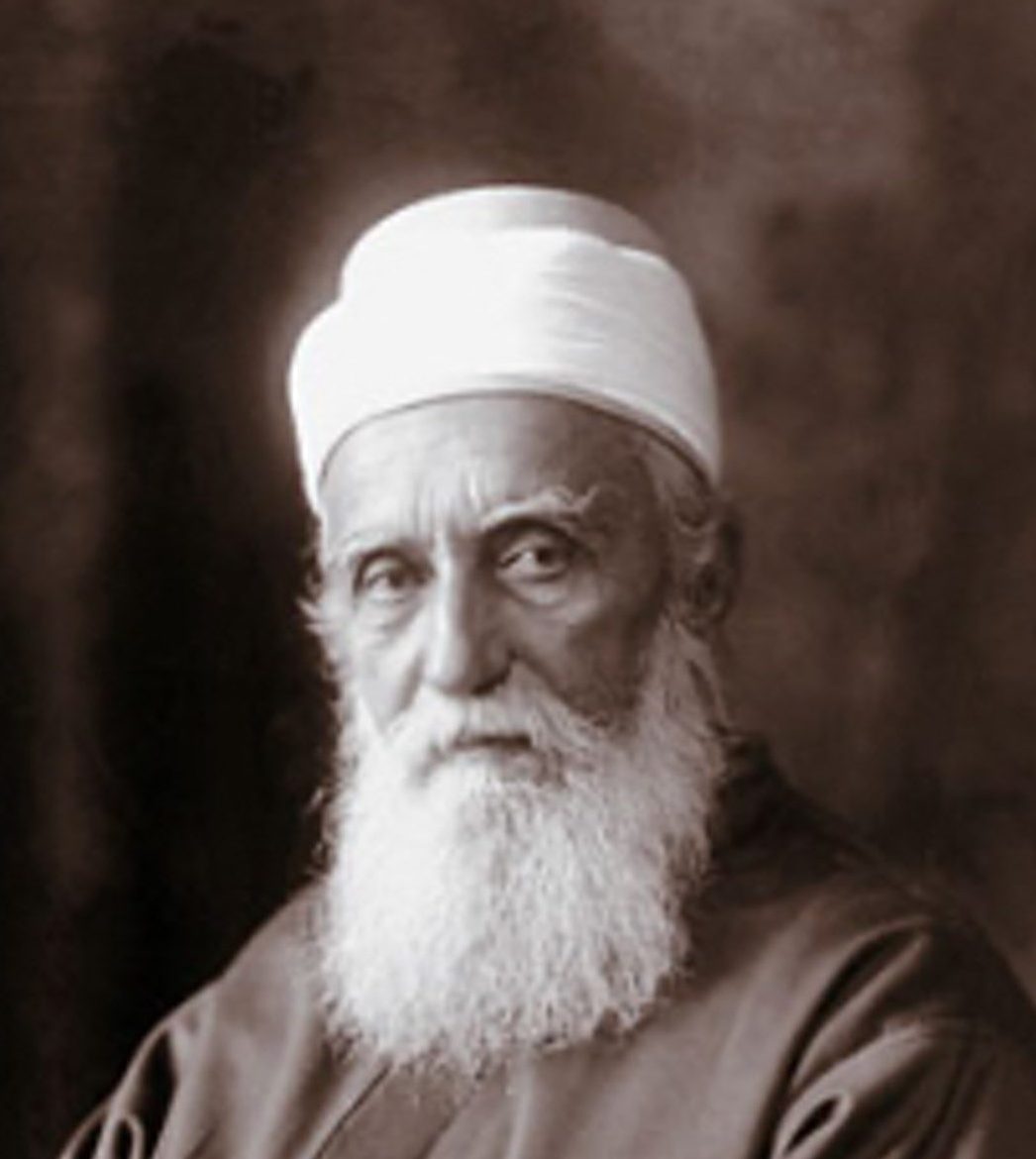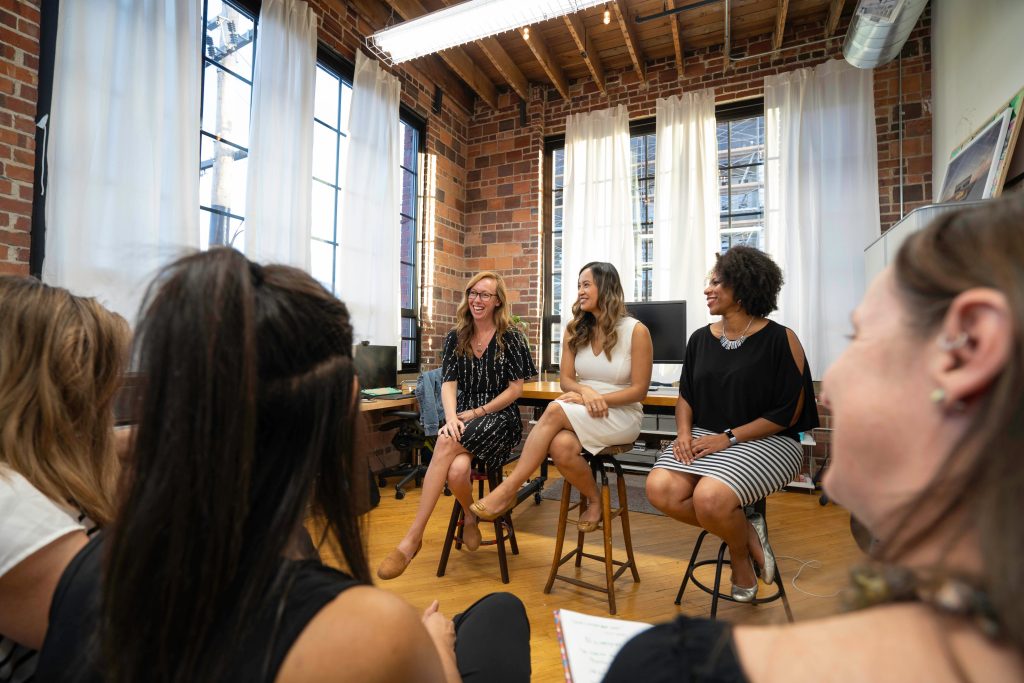Peer-to-Peer Activities

Read the following information, then complete the reflection question. Click NEXT to continue.
The Peer-to-Peer activity is the core of the Faith for Rights program. These activities are meant to explore the relationship between religions, beliefs and human rights. The discussions and actions stimulated through peer-to-peer learning serve a triple purpose of:
- Engaging to ensure ownership
- Thinking critically to face challenges
- Reinforcing the mutual enhancement between faith and rights
The Facilitator's Role
Put simply, peer-to-peer learning occurs when learners collaborate together to gain understanding of a topic. While facilitation is necessary in order to present materials, encourage discourse, and guide participants, it is important to note that a facilitator is not a teacher or instructor. In fact, all participants in a Faith for Rights session, including the facilitator, teach and learn from each other. All are equal and all can exhibit leadership in the context of the Faith for Rights session.

How does it work?
As a facilitator, you should keep in mind that Faith for Rights is not about lecturing faith actors on human rights, nor is it a theological debate. The #Faith4Rights modules are not conceived as a prefixed top-down training. They aim at stimulating exchanges among different actors to “inspire interdisciplinary research on questions related to faith and rights” and to support a “long overdue cross-disciplinary reflection on the deep, and mutually enriching, connections between religions and human rights”. This interactive exchange takes the form of a peer-to-peer learning exercise in an interdisciplinary manner.
The peer-to-peer activities contain ideas for learning exercises such as how to unpack the 18 commitments, share personal stories, search for additional religious quotes or provide for inspiring examples of artistic expressions. The whole concept is interactive, result-oriented and conducive to critical thinking. Peer-to-Peer activities are open for adaptation by facilitators in order to tailor the modules to the specific context of the participants.

Reflect on the question below. Record your thoughts in your Facilitator Journal.
- How can participation in peer-to-peer activities help participants meet the following objective of the Faith for Rights program?
To empower faith actors to contribute to fostering peaceful societies, which uphold human dignity and equality for all and where diversity is not just tolerated but fully respected and celebrated.